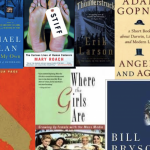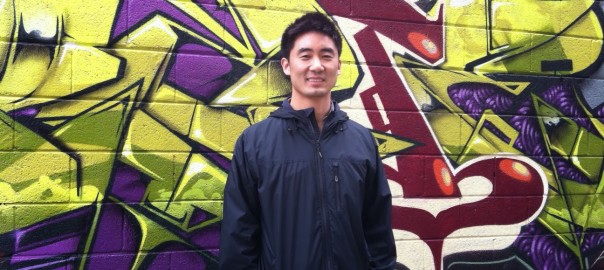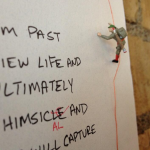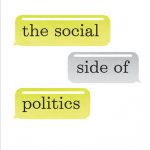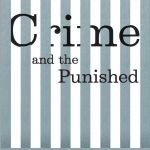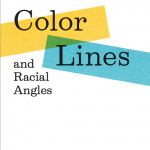I’m often asked which books I’ve edited, and, truly, I’ve been lucky to get my mitts on so many talented authors’ words. Here’s a sample of the (mostly sociology) books I’ve worked on:
Life Under Pressure, Anna S. Mueller and Seth Abrutyn | Laboring in the Shadow of Empire, Celeste Vaughan Curington | Aging with Agility, Michelle Pannor Silver | The Social Lives of Birds, Joan E. Strassman | Listeners Like Who? Laura Garbes | American Idle, Annette Nierobisz and Dana Sawchuk | Citizen Scholar, Philip N. Cohen | Distancing the Past, Chana Teeger | Sex in Canada, Tina Fetner | The Peer Effect, Syed Ali and Margaret S. Chin | The Minneapolis Reckoning, Michelle S. Phelps | The Policing Machine, Tony Cheng | The Danger Imperative, Michael Sierra-Arévalo | Sons, Daughters, and Sidewalk Psychotics, Neil Gong | Long Live Queer Nightlife, Amin Ghaziani | Indefinite: Doing Time in Jail, Michael L. Walker | Punishing Places, Jessica T. Simes | Predict and Surveil, Sarah L. Brayne | Uninsured in Chicago, Rob Vargas | Credible Threat, Sarah Sobieraj | Sacred Snaps, Roman Williams, Catherine Holtmann, and William L. Sachs | Producing Politics, Daniel Laurison | Queer Carnival, Amy L. Stone | Orange Collar Labor, Michael Gibson-Light | Retail Inequality, Kenneth H. Kolb | Making Moral Citizens, Jack Delehanty | Policing Welfare, Spencer Headworth | Hedged Out, Megan Tobias Neely | Banished Men, Abigail L. Andrews | Now Hiring, Nicole C. Jones-Young | Mining the Heartland, Erik Kojola | Revolution Squared, Atef Said | In This Place Called Prison, Rachel Ellis | A Few Good Gays, Cati Connell | Walking Mannequins, Joya Misra and Kyla Walters | Chasing the American Dream in China, Leslie K. Wang | The Dating Divide, Celeste Curington, Jennifer Lundquist, and Ken-Hou Lin | The People’s Hotel, Katherine Sobering | Constructing Community, Jeremy Levine | Figures of the Future, Michael Rodriguez-Muniz | GoFailMe, Erik Schneiderhan and Martin Lukk | Living in a Nuclear World, Bernadette Bensaude-Vincent, Kyoko Sato, Soraya Boudia | Black Boys Apart, Freeden Blume Oeur | Migration, Incorporation, and Change in an Interconnected World, Syed F. Ali and Douglas Hartmann | The Quantified Scholar, Juan Pablo Pardo-Guerra | Tainted Tap, Katrinell M. Davis | Power Grab, Paasha Madhavi | Gender, Sexuality, and Intimacy, Jodi O’Brien and Arlene Stein | The Color of Homeschooling, Mahala Dyer Stewart | The Toughest Beat, Josh Page | Breaking the Pendulum, Phil Goodman, Josh Page, and Michelle Phelps | Not for Long, Robert Turner |Total Liberation, David Pellow | The Black Elephants in the Room, Corey Fields | Blowin’ Up, Jooyoung Lee | Divided by the Wall, Emine Elcioglu | Citizen-Protectors, Jenny Carlson | The Revolution that Wasn’t, Jen Schradie | Midnight Basketball, Doug Hartmann | Assigned: Life with Gender, Lisa Wade, ed. | The Browning of the New South, Jennifer Jones | Grocery Activism, Craig L. Upright | Hard Work Is Not Enough, Katrinell M. Davis | Politics Beyond Black and White, Lauren Davenport | The Contexts Reader (second and third editions) | Owned, Doug Hartmann and Chris Uggen, eds. | Crime and the Punished, Doug Hartmann and Chris Uggen, eds. | Digital Punishment, Sarah Lageson | Social Theory Rewired, Wes Longhofer and Dan Winchester | Race, Nation, and Post-Colonial Citizenship, Ron Aminzade | Power Struggles, Jaume Franquesa | The Size of Others’ Burdens, Eric Schneiderhan | Hard Work Is Not Enough: KM Davis | Crossings to Adulthood, Swartz, Hartmann, and Rumbaut | World Suffering and Quality of Life, Ron Anderson | Undocumented Politics, Abigail Andrews | The Myth of Mob Rule, Lisa L. Miller | We Are All Criminals, Emily Baxter | The Social Side of Politics, Doug Hartmann and Chris Uggen, eds. | Give Methods a Chance, Kyle Green, Sarah Lageson, Doug Hartmann, and Chris Uggen | Prozak Diaries, Orkideh Behzrouan | Getting Culture, Doug Hartmann and Chris Uggen, eds. | Encore Adulthood, Phyllis Moen | Rights on Trial, Berrey, Nelson, and Nielsen | Retirement and Its Discontents, Michelle Pannor Silver | Politics of Empowerment, David Pettinicchio
